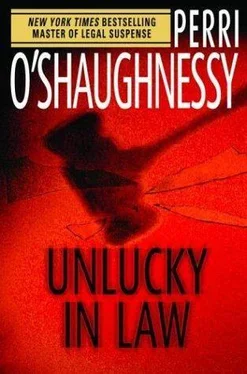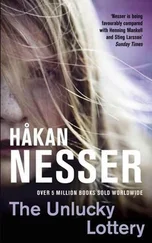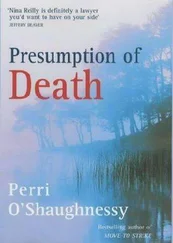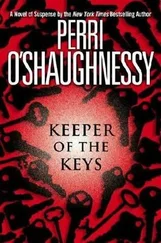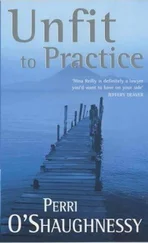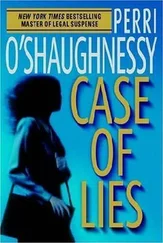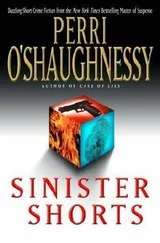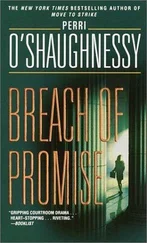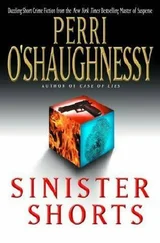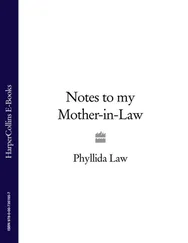Or was it simply an atavistic urge, like a cat’s curiosity, that motivated the scientists? They couldn’t help the desire to dig and find things to smell or examine, and so they dignified it with important-sounding reasons.
Wish and Paul drove slowly past one woman in her fifties who sat cross-legged next to a gravestone, plucking at the grass around it, smoothing dirt from the stone, singing a hymn. Crows swooping between a fence and a tall tree nearby cawed along with her. Paul decided to add a list of songs to be played at his wake to his last wishes, songs to encourage weeping, and some to get them dancing. Naturally, he would foot the bill for abundant booze, so necessary to create the proper maudlin mood.
He gave a few minutes over to listing songs that might qualify, while Wish inched along, looking for the Eastern Orthodox crosses that had been described by Nina. “Stairway to Heaven,” that was a definite. Played on vinyl, not a CD. Nina could draw him up a will.
They parked the car and hunted for Constantin Zhukovsky’s last resting place.
“I never want to die,” Wish said, reading each headstone they passed.
“Born to be wild, huh?” Paul said.
“Huh?”
Paul decided if things didn’t work out with Nina, he still wouldn’t date women Wish’s age. Some things a nubile body could not compensate for, such as never having gotten your motor runnin’ to head out on the highway.
Happily, according to Wish, most of these dead people were older than Paul, with a few remarkable exceptions. “I mean, not that this isn’t an okay place when the time comes. The ocean not too far. Lots of sunshine during the day. Still, I don’t plan to die for about a hundred years. A hundred twenty years. Science is making great strides.”
Paul wished he were still twenty with illusions that death could be planned or forestalled. “Get those blood lipoproteins buff. That’s the latest hot tip for living forever, or so says the newspaper today.”
“Okay,” Wish said. “How?”
“Exercise and drugs.”
“Oh, I’m good then. Paul, I would like to ask you a question.” Wish’s tone had become formal.
“That would be a nice change,” Paul said.
“I would like to ask you if you will hire me full-time. I mean, I’ll still take courses and get my degree. But I would like to work for you.”
“Well, now,” Paul said. “I’m flattered.”
“My parents are going back to Tahoe soon, and I don’t want to go with them. I’ve learned a lot from you.”
“I don’t know if I can afford a full-time assistant, buddy.”
“I’ll work cheap and help bring in cases.”
Paul said, “Okay.”
“Okay? Oh, my God. Okay?”
“Yeah, although your first assignment is going to be helping me convince your mom.”
“She won’t like it.”
“One day, you will have an ergonomic chair and a new Glock, like me. And a beautiful young lady holding a baby at your side. And then, when your mom sits down in the rocking chair and holds the baby, she will forgive you. They usually don’t until about then.”
“What about the Glock? What has that…”
“You won’t tell her about the Glock.”
The fading, golden September day, quiet now, even the insects resting in the slanting afternoon sun, made drama of the long lawns and headstones shadowing the cemetery grounds. Parking not far from where they had entered, they walked up and down the asphalt drives and then along paths between graves, where it was possible. Wish avoided walking right below the headstones, but Paul didn’t bother. These people were beyond disturbing.
“Too many dead,” Wish muttered, picking his way past a clump of flat markers. He started subtracting dates of death from dates of birth, commenting on those who died around the same age as Paul or Nina until Paul told him to shut up. Unable to find what they were looking for, they split up. Wish wandered toward the street that ran perpendicular to El Estero Lake. Paul made his way to the small concrete building located roughly at the center. He walked fast to ward off the chill that crept up his legs from underneath the damp grass. Before he could reach the door to the building, an elderly woman came out, saying, “Hello. Haven’t seen you here before.”
“No,” Paul said. He gave her a card.
She thanked him and introduced herself as Amanda Peltier. “I’m in charge of the janitorial staff, community relations, and sales. That kind of thing,” she said briskly, as if it was terribly mundane, selling graves. Squinting at his card, then pulling on a pair of reading glasses, she said, “Oh, my gosh. Why, you’re a private investigator! Is there something I can help you with?”
“I hope so.”
Maybe she saw him shivering, although he could swear he wasn’t reacting visibly to the cold. Still, the light blue eyes seemed to see right through him, and her voice was kind. “Why don’t you come in and sit down. It’s warmer in here.”
He followed the diminutive figure. Immediately inside the door, he found himself in a room no more than ten by twelve, which held a desk, files, a few big books, two plastic chairs, and a flourishing green plant that on closer inspection turned out to be made of silk. Several framed photographs cluttered the edge of the desk. She motioned him to a chair, then bustled into a smaller room beyond. He could hear her banging around, although he couldn’t see her.
“You take cream in your coffee? Or would you prefer tea?”
“What are you having?”
“Tea.”
“Tea, then. Three sugars. No lemon, no cream,” he said. He looked around the room. Two dated, large maps of the Monterey Bay area were the only wall decoration. The wooden desk was old, and its leather seat showed the small imprint of Amanda Peltier’s trim derriere. She had been here a very long time, he decided. Not even a window broke the wall. The only way out appeared to be through the door. The room was very like a mausoleum, in fact.
The pictures condensed Amanda Peltier’s long life into a short visual essay, ranging from an active, beaming girlhood in a wood frame house by the sea, through marriage to a distinguished-looking man with black hair and a stern gaze. The story finished off with Hair ’n’ Glare disappearing, and two tanned beach-loving children growing up, marrying, and having three more sand-castle-building young ’uns.
She returned minutes later with a tray, two china cups, and a steaming yellow-flowered teapot.
“You looked like you could use something hot,” she said, pouring him a cup and handing it over.
His hand felt better just touching the warm vessel and smelling its contents. “What kind of tea?”
“Earl Grey, of course!” she said. She leaned against the desk without sitting down and pulled a soft green sweater down over her hips. A long skirt led down to immaculate woven leather flats. She had a deeply wrinkled pink face to go with the pastel of her eyes, and a dent creasing the exact center of a stubborn-looking chin. White picket teeth as bright as a freshly painted fence smiled at him. “You’re obviously not a big tea drinker.”
“No.”
“I drink it all day long.” She put her head back and took a swig, eager as an alcoholic attacking the first drink of the day, set the cup down on the table, and sighed with pleasure.
Paul tried his. The sugary liquid scalded his tongue. He set the cup down. “I’m looking for a certain grave.”
“Of course you are.” She nodded knowingly. She walked behind the desk and pulled out a large folded piece of paper, which she laid flat for him to see. The glasses went back onto the tip of her broad nose. “Take a look, here.”
They studied a map of the graveyard. Each plot had a letter and a number to identify it. “Constantin Zhukovsky,” he said. “That’s the name I want.”
Читать дальше
